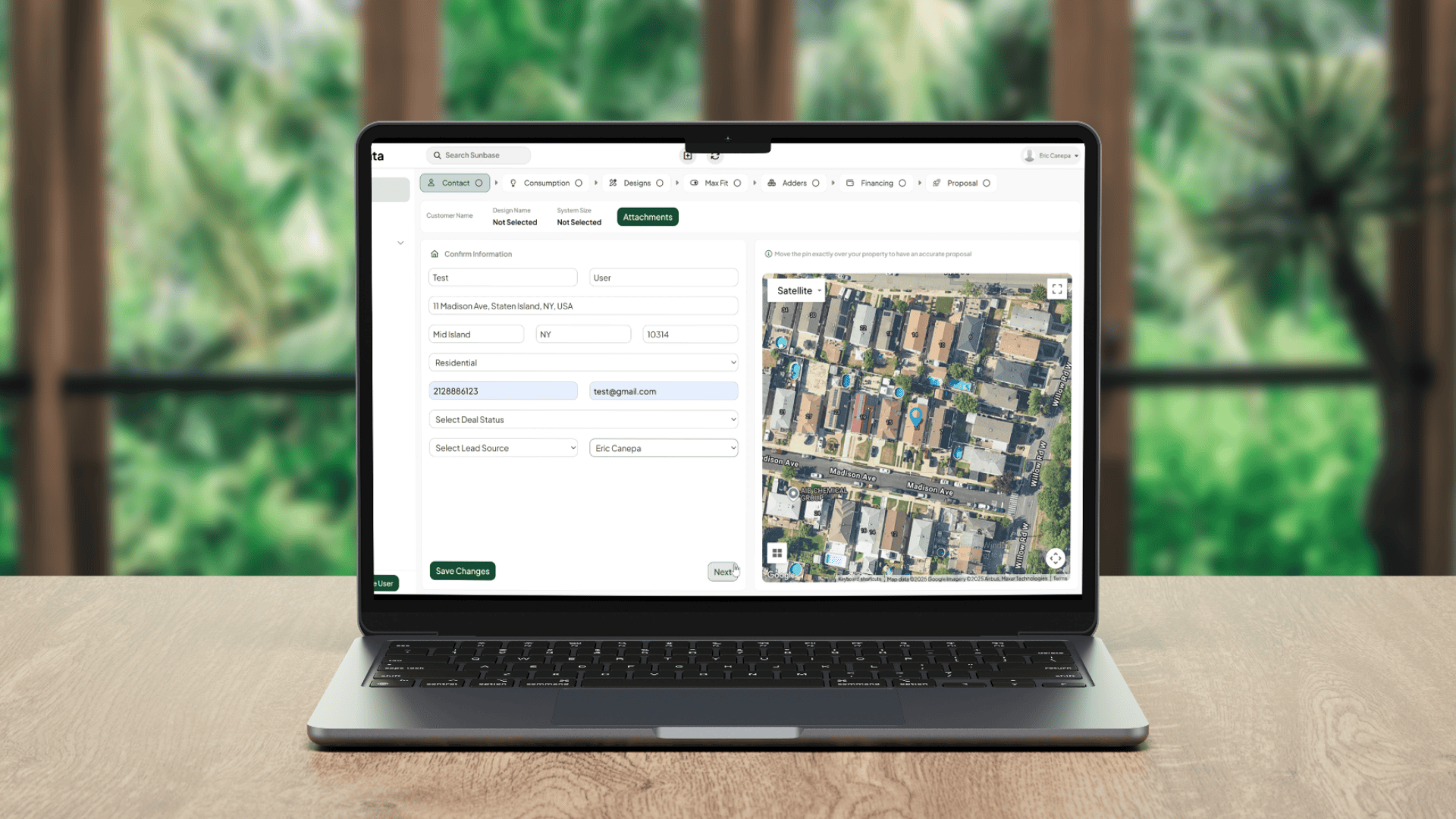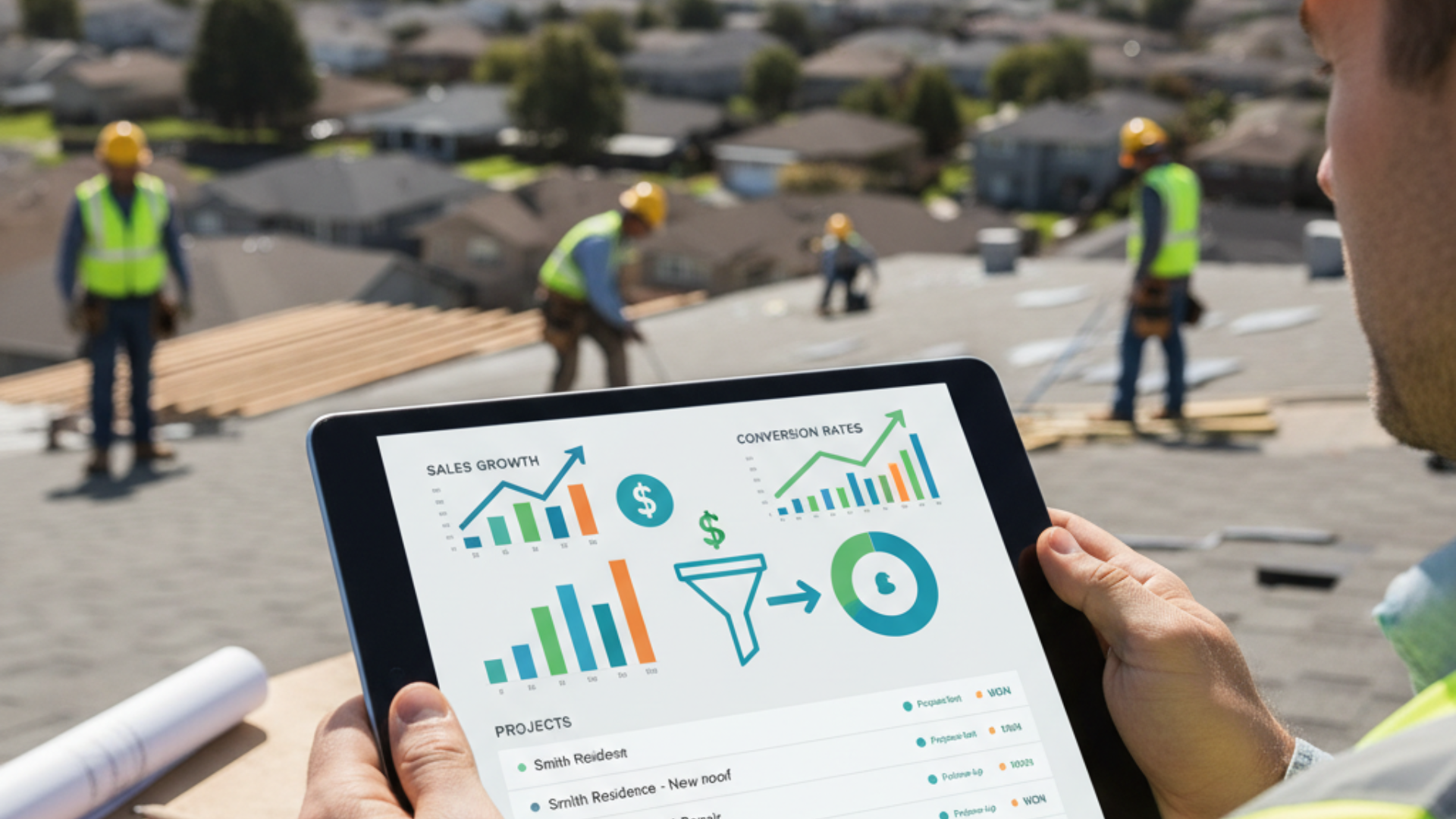August 4, 2023
With the rising awareness of sustainability, many homeowners are considering installing solar panels in their homes. But have you ever wondered why? Not only do these renewable energy sources help reduce your carbon emissions, but they also offer tremendous financial benefits as well.
In addition to lowering monthly power bills and improving building efficiency, numerous studies have proven that installing solar can increase your home value by an average of four percent—or more! In this blog post, we'll explore the value-added benefits that come with outfitting your property with a reliable source of clean energy.
Benefits of Solar Energy for Homeowners
As homeowners, we all want to reduce our energy bills while also doing our part for the environment. This is where the solar energy system comes in.
By installing a solar battery or solar panel on your roof, you can harness the power of the sun to generate electricity for your home. Not only is this a renewable energy source, but it can also save you money in the long run.
With solar energy, you can potentially eliminate your electricity bill and earn money back by selling excess energy back to the grid. Plus, solar panels can increase the value of your home and reduce your carbon footprint. It's a win-win situation for both you and the planet.
Types of Solar Systems Available
As the popularity of solar energy continues to grow, it's essential to select the right solar system to suit your needs amidst the myriad of options available.
There are three main types of solar systems: Grid-Tied, Off-Grid, and Hybrid systems.
Grid-Tied Systems:
- Grid-Tied systems are the most common and widely used type of solar setup.
- They are designed to work in tandem with your utility company's power grid.
- During periods of excess solar energy production, the system can feed the surplus electricity back into the grid, earning you credits or compensation.
- This design eliminates the need for costly battery storage, making Grid-Tied systems more cost-effective upfront.
- However, they may not provide electricity during grid outages since they don't function independently.
Off-Grid Systems:
- Off-Grid systems are entirely independent and do not rely on the power grid at all.
- These systems require battery storage to store excess solar energy for use during times when the sun isn't shining.
- Off-Grid setups are ideal for remote or rural areas without access to the grid, offering energy self-sufficiency.
- However, they require a more significant upfront investment due to the need for batteries and specialized equipment.
Hybrid Systems:
- Hybrid systems combine features of both Grid-Tied and Off-Grid setups, offering flexibility and reliability.
- They are connected to the power grid like Grid-Tied systems, enabling excess energy export and grid connectivity.
- At the same time, Hybrid systems also incorporate battery storage to store surplus energy for backup during power outages or when the grid is unavailable.
- This design allows homeowners to benefit from the advantages of both setups, maximizing energy independence and cost-effectiveness.
- However, Hybrid systems can be more complex and costly to install compared to singular setups.
How much Solar adds to a Home's value?
It's no secret that having solar energy systems installed in your home can drastically reduce your energy bill. But, what many homeowners don't know is that solar panels increase home value.
According to a study by the National Renewable Energy Laboratory, energy-efficient homes with solar panels sell 20% faster and for 17% more than homes without.
In addition to the financial benefits, solar also appeals to environmentally conscious buyers who are looking for sustainable and eco-friendly living options.
So, not only does solar benefit your wallet, but it can also be a selling point when it comes time to put your home on the market. Investing in solar is truly a win-win situation.
Factors that mi affect the Value added by Solar
Solar energy systems can provide numerous benefits to homes, businesses, and the environment, including reduced energy costs, improved energy security, and decreased greenhouse gas emissions.
The value added by a solar installation depends on several factors, including:
Location and Regional demand for Solar
The value added by solar energy systems can vary depending on the location of the home and the regional demand for solar. In areas with high electricity rates, strong state incentives, and abundant sunshine, solar can add significant value to a home.
Additionally, some states and cities have mandated solar requirements, which can further increase the market value of solar-powered homes.
Quality and Size of the Solar System Installed
The quality and size of the solar panel system installed can also affect the value added by solar. High-quality, efficient solar panels and a larger solar system can generate more electricity, resulting in lower energy bills and greater savings for homeowners.
Additionally, if the solar system is capable of producing more energy than the home needs, the excess energy can be sold back to the grid, further increasing the value of the solar-powered home itself.
Age and Condition of the Solar System
The age and condition of the solar system can also affect the value added by solar. A newer, well-maintained system is more likely to generate more electricity and require fewer repairs, which can increase the value of the home.
On the other hand, an older, poorly-maintained system may not generate as much electricity and may require costly repairs or replacement, which can decrease the value of the home.
The type of Financing used to Install the Solar System
The type of financing used in solar panel installation can also affect the value added by solar. If the solar system was purchased outright, the value added to the home may be greater than if the system was leased or financed through a power purchase agreement (PPA).
Additionally, if the financing terms of a home sale are favorable, such as a low-interest rate or a long-term agreement, the value added to the home may be greater.
The Financial Return on Investment from Solar Systems
As we become more conscious of our impact on the environment, solar energy has emerged as an attractive alternative to traditional sources of energy. Recent studies and research have delved into the financial return on investment from solar systems, and the findings are encouraging.
In addition to saving on energy costs, solar systems have a high return on investment, with estimates ranging from 10 to 30 percent. With solar panel prices decreasing, the benefits of investing in solar energy far outweigh the initial cost.
Not only does it benefit the environment and reduce your carbon footprint, but it also has the potential to provide significant financial returns and save money in the long run by increasing your property value and reducing electricity bills to almost zero.
Breakdown of the Different Costs Associated with Installation and Maintenance
When considering a new system installation or maintenance for an existing one, it's important to understand the different costs that come into play. To install solar energy systems there are costs for the hardware, software, and any necessary accessories like panels, solar batteries, and cells.
Additionally, there may be fees for installation services or professional assistance. Maintenance costs may include ongoing software updates, regular tune-ups, and potential repair expenses. It's also important to factor in the costs of any downtime or disruption to business operations during maintenance.
By breaking down these different costs, you can better understand the investment required for your system and ensure that you allocate your resources effectively.
Local Regulations and Incentives that Could Influence Solar Adoption Rates
When it comes to solar adoption rates, considering the local regulations and incentives is crucial. Local regulations can greatly impact a homeowner's ability to install solar panels on their property, so it's important to understand what rules may apply in your area.
On the other hand, solar incentives can make going solar much more affordable and accessible. By taking the time to research what regulations and incentives exist in your community, you can make an informed decision about whether solar is a viable option for you.
According to the Solar Energy Industries Association (SEIA), the following states have the best solar markets: California Texas Florida North Carolina Arizona Nevada Georgia New Jersey Virginia New York Owned vs. Leased Solar System Homeowners must ensure they can legally transfer their solar system to the new owners when selling their home. With many governments and utility companies offering rebates, tax credits, or other incentives, now is a great time to explore the potential benefits of solar.
Conclusion
Going solar has a tremendous amount of potential to help reduce energy costs, increase the value of your home and your energy savings, and even provide a solid return on investment. Although the upfront cost can be overwhelming, that cost should be weighed against future savings, tax incentives/rebates, and an inflated home value due to adding solar power.
Moreover, there are plenty of options for solar systems that fit all budgets and needs. Ultimately, going solar is truly worth exploring! With research into the cost-effectiveness of various installations come financial incentives from both the government and industry social responsibility initiatives—meaning that now more than ever before is a great time to consider investing in solar power for your own home.
One Platform. Zero Chaos. Run Your Entire Business in One Place.
Sunbase replaces your CRM, proposals, scheduling, job tracking, and reporting tools — all inside one clean, connected platform.
About Sunbase
The All-In-One Platform to Run Your Entire Business
Sunbase helps you organize operations, streamline daily workflows, and manage everything - from first customer contact to final project deliver- in one connected system.
Our Mission
- Organize your business.
- Optimize your workflow.
- Automate what slows you down.
Why Businesses Choose Sunbase
One Connected Workflow
Replace scattered tools and manual processes with a single platform that brings together your team, tasks, customers, jobs, and performance data.
🌎 Global Presence
Serving the United States, Canada, India, LATAM, Australia, and 10+ international markets.
👥 11,000+ Users
Trusted by contractors, installers, project managers, sales teams, and field technicians.
🏗️ Built for All Sizes
From small contracting teams to fast-growing enterprises, Sunbase adapts to your workflow.
Useful Links For You
Stop Managing Your Business Manually. Automate It.
Sunbase automates workflows, reduces mistakes, and helps your team get more done - without hiring extra staff or juggling multiple tools.











